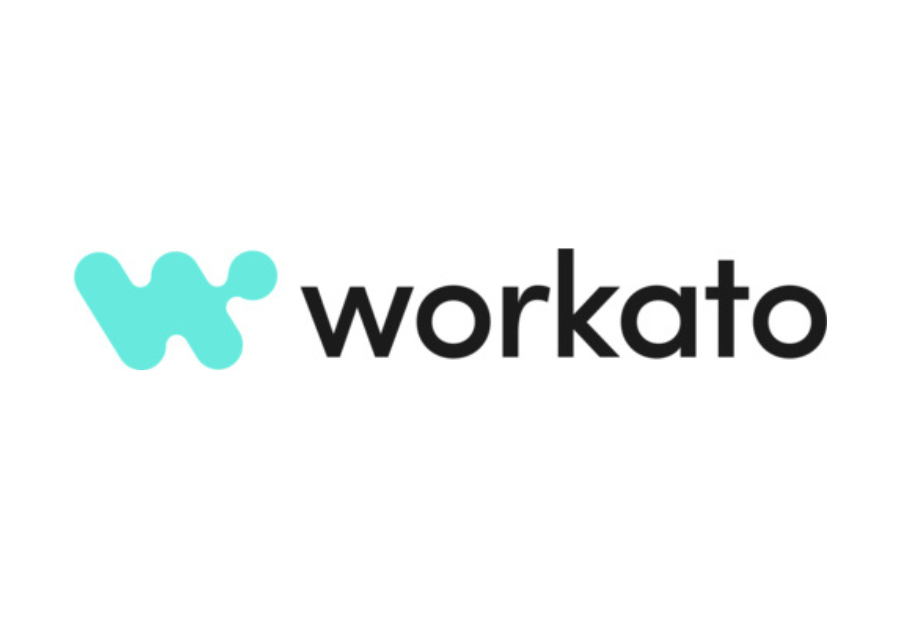Across the United States, lawmakers are pushing new rules aimed at limiting how companies use personal data to set individual prices. These efforts focus on worries that algorithmic pricing could become discriminatory or misleading, but many experts warn that the proposals confuse data driven pricing with harmful practices and may unintentionally raise costs for consumers.
California and New York are leading this debate. A bill in California seeks to ban what it calls surveillance pricing, which involves offering a non-standard price to a specific consumer or group based on covered data. New York already requires companies to tell customers if they use algorithmic pricing.
Supporters of these bills fear that businesses use sensitive information such as location or browsing activity to create unfair pricing differences. But critics argue that blocking all forms of personalized pricing ignores the fact that data-based discounts often help lower income shoppers by giving them targeted deals and incentives. Without the ability to tailor offers, companies may stop providing these discounts altogether to avoid legal or public backlash, leading to fewer savings and more uniform prices that could be higher for everyone.
Many also misunderstand how central data is to modern businesses. Digital retailers, travel platforms, grocery delivery services and other consumer facing companies rely on data to shape decisions on pricing, stocking and marketing. Algorithmic pricing itself is not inherently harmful.
A more balanced approach has been suggested. Regulators should first enforce existing consumer protection, anti-discrimination and deceptive practice laws. These rules already apply to data driven practices just as they apply to traditional business methods. Next, lawmakers in Congress should pass a federal privacy law that gives people clear control over their personal data and prevents the growing confusion caused by different state rules. Finally, the national consumer protection agency should offer clear guidance that separates fair personalization, such as targeted discounts, from unfair or deceptive pricing tactics.
The future of data-based pricing requires careful policy choices. Current state level proposals risk removing the very offers that help price sensitive consumers. With so much at stake, lawmakers are being urged to avoid broad restrictions that could leave buyers worse off.
Also read: Viksit Workforce for a Viksit Bharat
Do Follow: The Mainstream formerly known as CIO News LinkedIn Account | The Mainstream formerly known as CIO News Facebook | The Mainstream formerly known as CIO News Youtube | The Mainstream formerly known as CIO News Twitter
About us:
The Mainstream formerly known as CIO News is a premier platform dedicated to delivering latest news, updates, and insights from the tech industry. With its strong foundation of intellectual property and thought leadership, the platform is well-positioned to stay ahead of the curve and lead conversations about how technology shapes our world. From its early days as CIO News to its rebranding as The Mainstream on November 28, 2024, it has been expanding its global reach, targeting key markets in the Middle East & Africa, ASEAN, the USA, and the UK. The Mainstream is a vision to put technology at the center of every conversation, inspiring professionals and organizations to embrace the future of tech.




